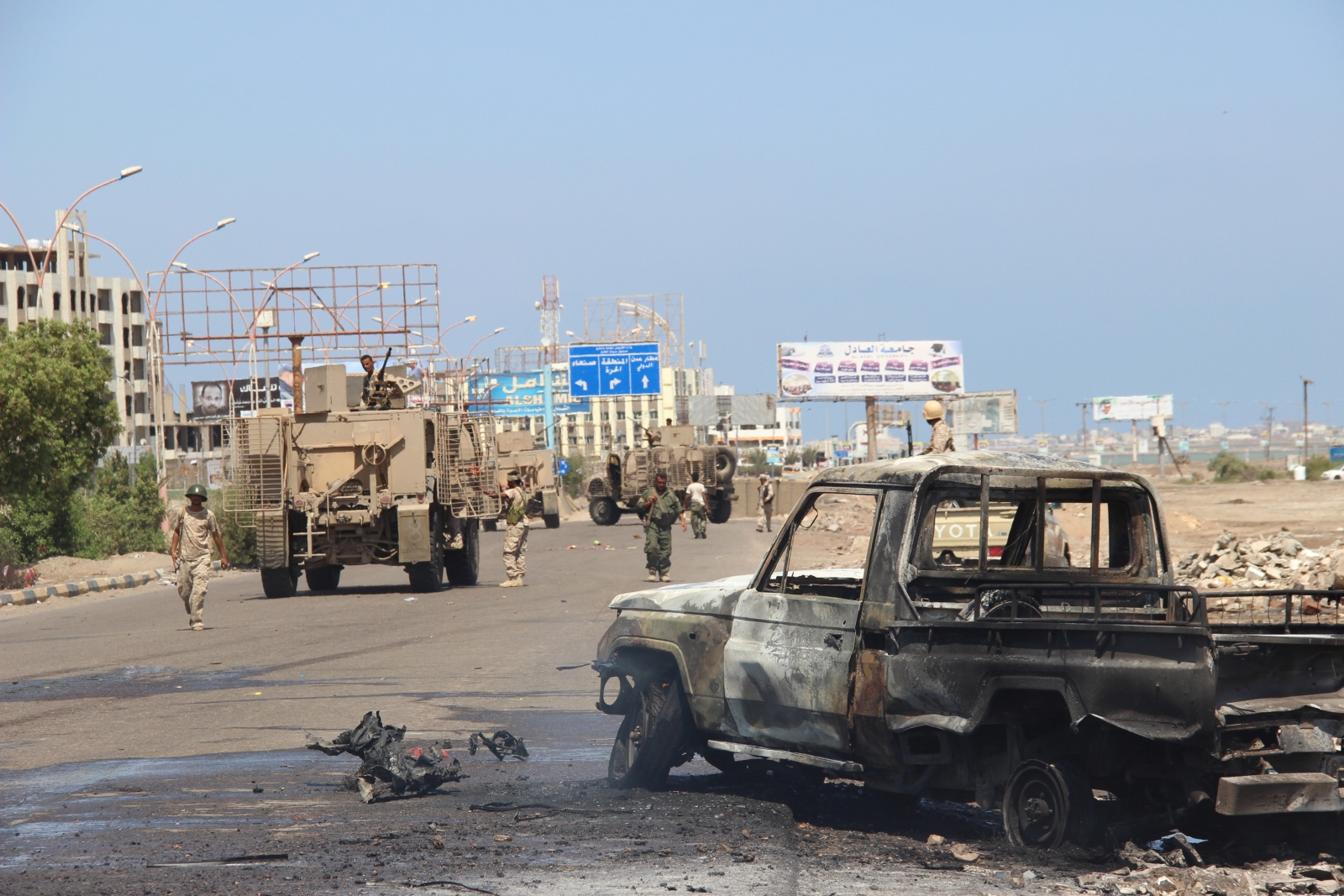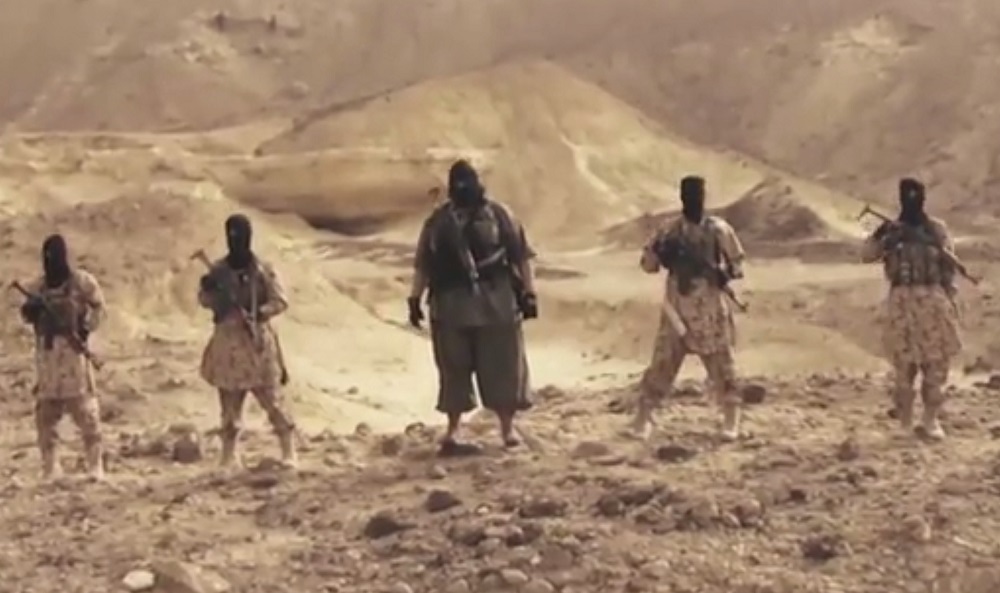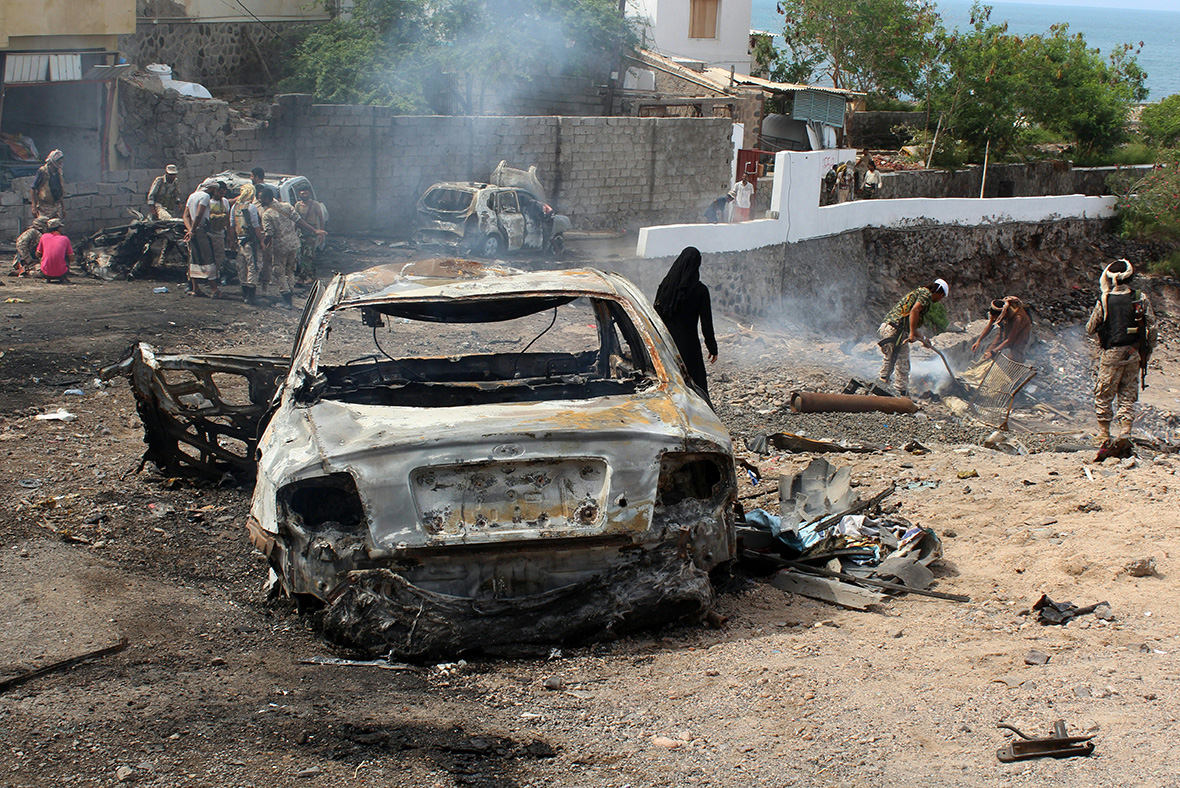UAE foreign minister Anwar Gargash denies army withdrawal from Yemen
The UAE's Minister for Foreign Affairs, Anwar Gargash, announced on Thursday (16 June) that his country will not be scaling back its involvement in the Yemen conflict, contradicting a statement he reportedly made earlier this week.
Gargash's earlier comments first came to light via a tweet on Wednesday from Abu Dhabi Crown Prince Sheikh Mohammed bin Zayed Al Nahyan, quoting Gargash as saying the war was "over for our troops", according to the Associated Press.
However, in an interview with al-Sharq al-Awsat newspaper on Thursday, Gargash stated that his country was committed to fulfilling UN Resolution 2216, which demands the Houthis withdraw from all seized areas and relinquish arms.
Gargash tweeted on Thursday "our armed forces will fulfil their combat role, with pride and professionalism, alongside our Saudi brothers, until the coalition announces the end of the war."
Yemen has been locked in a bitter civil war since March 2015 when the Shia-backed Houthi rebel group took control of the south-west Yemeni city of Taiz. The Houthis have since captured swathes of territory in western Yemen. The UAE is part of a Saudi-led coalition fighting on the part of the Yemeni government.
The coalition has faced criticism from the United Nations for its violations of international law and widespread attacks on civilian targets. This has led to condemnation by human rights groups of Saudi's involvement in the conflict.
The Saudi ambassador to the UK, Mohammed bin Nawwaf bin Abdulaziz, defended his country's position in an article for The Telegraph newspaper, in which he said "the majority of civilian casualties in Yemen have come at the hands of the illegitimate Houthi rebels who have not only positioned themselves in hospitals, schools and civilian homes, but have admitted to shelling civilian populations and blaming it on the Saudis".
A recent United Nations report showed that coalition air strikes killed and injured about 1,200 children in Yemen in 2015. The UN has refused to name its sources.









قواتنا المسلØØ©ØŒ كما أشرت ÙÙŠ Ù…Øاضرتي، أدت دورها القتالي بشجاعة Ùˆ مهنية، Ùˆ يستمر هذا الدور مع السعودية الشقيقة Øتى إعلان التØال٠إنتهاء الØرب.
— د. أنور قرقاش (@AnwarGargash) June 16, 2016
© Copyright IBTimes 2025. All rights reserved.





















